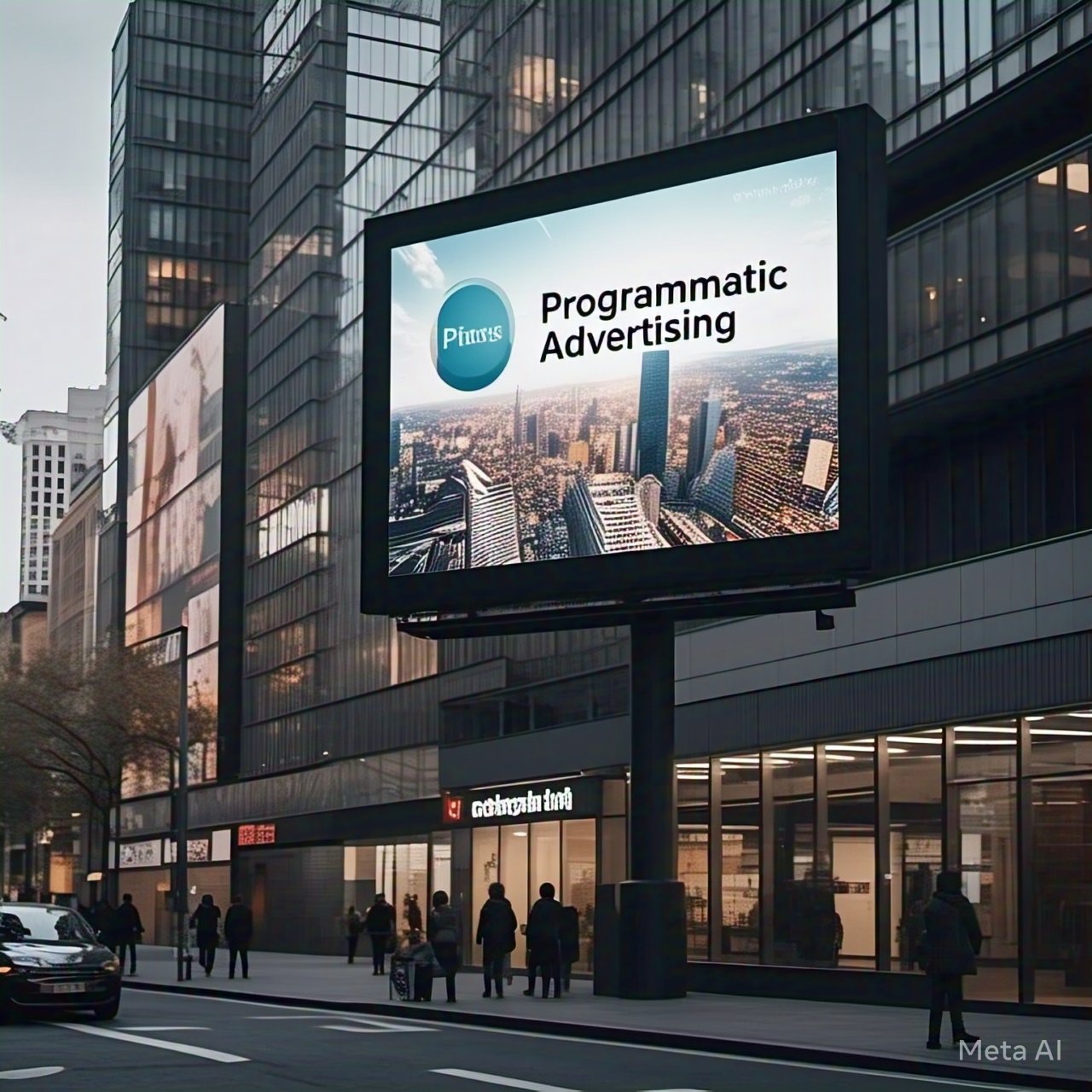The healthcare industry has witnessed groundbreaking technological advancements over the past few decades, but one innovation stands out for its transformative potential: generative AI in healthcare. This cutting-edge technology, a subset of artificial intelligence, uses machine learning models to generate new content, insights, and predictions from existing data. From enhancing diagnostic accuracy to personalizing patient care, generative AI is poised to revolutionize healthcare as we know it.
Understanding Generative AI
Generative AI relies on sophisticated algorithms such as Generative Adversarial Networks (GANs) and Variational Autoencoders (VAEs) to create new outputs based on input data. Unlike traditional AI models, which are primarily designed for classification or prediction, generative AI can produce entirely new content, such as medical images, drug designs, and treatment strategies. This capability makes it an invaluable tool for tackling complex challenges in the healthcare sector.
Key Applications of Generative AI in Healthcare
1. Medical Imaging and Diagnostics
Generative AI is enhancing the accuracy and efficiency of medical imaging by generating high-resolution images from low-quality scans. For example, it can improve the clarity of MRI or CT scans, helping radiologists identify anomalies more accurately. Furthermore, generative AI can simulate rare disease scenarios, enabling doctors to practice and refine diagnostic skills for conditions they might rarely encounter.
2. Drug Discovery and Development
The process of developing new drugs is notoriously time-consuming and expensive. Generative AI accelerates this process by predicting molecular structures and generating potential drug candidates. By analyzing vast datasets of chemical compounds, generative AI identifies promising drug formulations, significantly reducing the time and cost involved in bringing new medications to market. For instance, pharmaceutical companies have already begun leveraging this technology to develop treatments for diseases like cancer and Alzheimer’s.
3. Personalized Medicine
Every patient is unique, and generative AI is paving the way for truly personalized healthcare solutions. By analyzing genetic data, medical history, and lifestyle factors, generative AI can create customized treatment plans tailored to individual needs. This not only improves treatment outcomes but also minimizes the risk of adverse reactions.
4. Healthcare Training and Education
Generative AI is revolutionizing medical training by creating realistic simulations for healthcare professionals. Virtual patients generated by AI can mimic a wide range of conditions, allowing doctors and nurses to practice diagnosing and treating complex cases in a risk-free environment. This is particularly valuable for rare diseases and emergency scenarios.
5. Predictive Analytics and Risk Assessment
Generative AI can analyze electronic health records (EHRs) and other patient data to predict potential health risks. By generating risk profiles, it enables healthcare providers to take proactive measures, such as recommending lifestyle changes or early interventions, to prevent the onset of serious conditions.
Benefits of Generative AI in Healthcare
The adoption of generative AI in healthcare brings several advantages:
- Improved Efficiency: By automating time-intensive tasks like data analysis and image processing, generative AI allows healthcare professionals to focus on patient care.
- Cost Savings: Generative AI reduces the costs associated with drug development, diagnostic errors, and unnecessary treatments.
- Enhanced Accuracy: With its ability to process vast amounts of data, generative AI minimizes human errors and improves diagnostic precision.
- Scalability: The technology can be deployed across various healthcare settings, from rural clinics to advanced research facilities, making high-quality care accessible to more people.
Challenges and Ethical Considerations
Despite its immense potential, implementing generative AI in healthcare comes with challenges:
- Data Privacy: Protecting patient data is a top priority. Generative AI systems require large datasets to function effectively, raising concerns about data security and compliance with regulations like HIPAA and GDPR.
- Bias in AI Models: If the training data is biased, the AI outputs can perpetuate existing inequalities in healthcare. Ensuring diverse and representative datasets is crucial.
- Interpretability: Generative AI models often function as “black boxes,” making it difficult to understand how they arrive at specific conclusions. This lack of transparency can hinder trust and adoption.
- Regulatory Hurdles: As generative AI applications expand, regulatory frameworks must evolve to ensure safety and efficacy while encouraging innovation.
The Future of Generative AI in Healthcare
The integration of generative AI in healthcare is still in its early stages, but its potential is undeniable. As advancements in computing power, data accessibility, and algorithm design continue, generative AI will play an increasingly central role in shaping the future of medicine.
Emerging trends suggest that generative AI will soon enable:
- Real-time Patient Monitoring: Wearable devices powered by generative AI could generate real-time insights to detect health issues before they escalate.
- Advanced Genomic Analysis: AI-driven tools will uncover deeper insights into the human genome, opening doors to revolutionary treatments for genetic disorders.
- Global Healthcare Access: By automating complex processes, generative AI can help bridge the gap in healthcare access, particularly in underserved regions.
Conclusion
The advent of generative AI in healthcare marks a paradigm shift in how medical professionals approach diagnosis, treatment, and innovation. While challenges remain, the benefits far outweigh the risks, making it a cornerstone of future healthcare advancements. By fostering collaboration between technologists, healthcare providers, and policymakers, we can unlock the full potential of generative AI to create a healthier, more equitable world.
Generative AI is not just a tool; it’s a transformative force that promises to redefine the boundaries of what’s possible in healthcare. As we embrace this technology, the vision of a smarter, more efficient, and patient-centric healthcare system becomes increasingly attainable.


